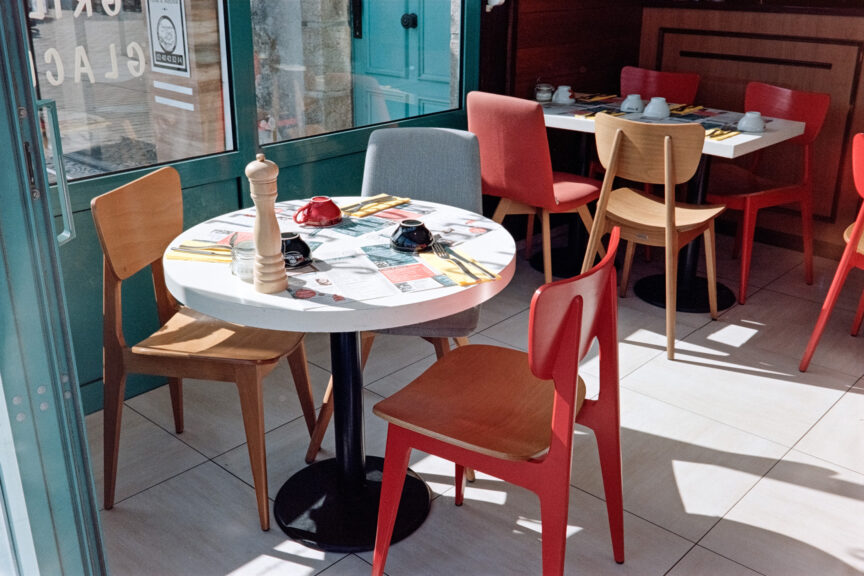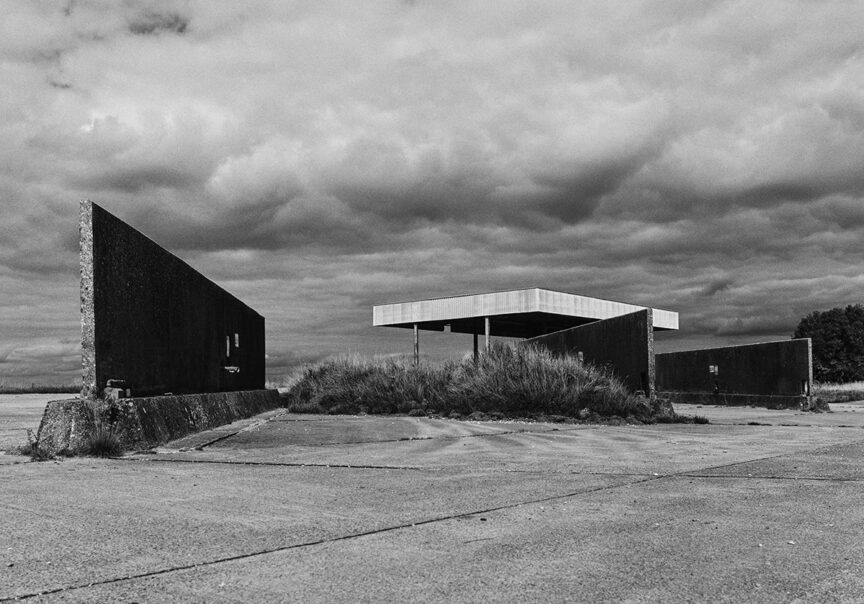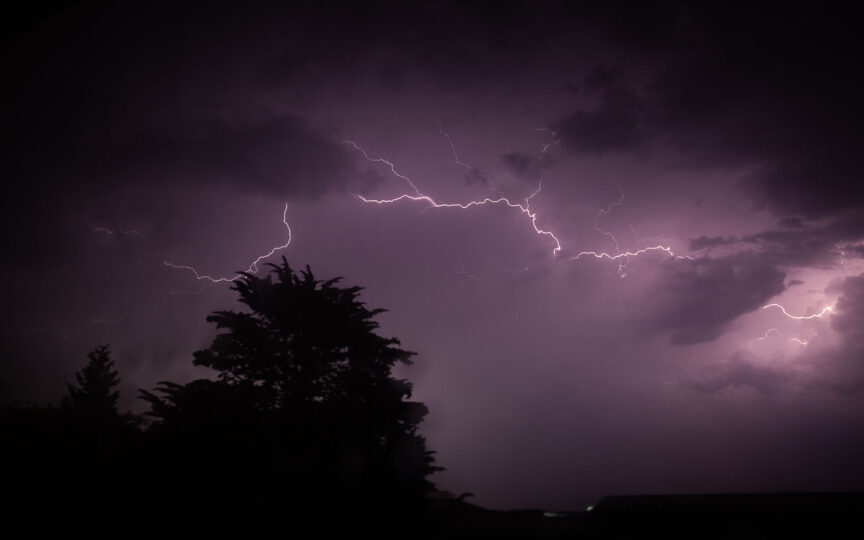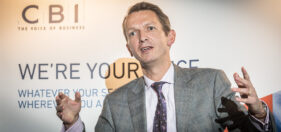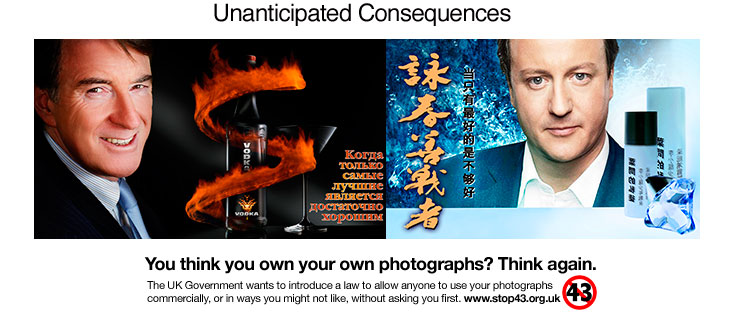Yes, it’s that time of year when we all take a look in the rearview mirror to see what we’re leaving behind, simultaneously stepping on the gas, and accelerating into the year ahead. Or maybe we’re just trying to get away from zombies!
Assuming we’re not being chased out of town by the undead, I am of course building up (in a rather clumsy way) to my annual look at what has been and what is to come.
Except I’m not going to do that this time around, or at least not in quite as much depth as I normally would. I’m just going to say that 2023 had its highs and lows, and I have plans for 2024 which will evolve as I go.
At this point, I could sign off, wish you a merry Christmas and a happy New Year, and be done, but that wouldn’t be particularly satisfactory, would it? Maybe it would, but tough; you’re here now.
No, for this post I’m going to use broad brush strokes which I hope will also stimulate some thoughts within you, my current or potential clients.
Looking Back – 2023
While my stills work held up remarkably well, video demand seemed to drop off sharply. Instinct tells me clients are struggling to decide whether video is worth the investment. My advice is, talk to me! I’ll be happy to discuss your ideas and will be honest about your best options.
All too often I have clients come to me with only the vaguest idea that they want ‘some video of a thing’. But rather than allow me to guide them further, they either kill the project or go to someone who will happily turn their half-baked plans into a massive invoice. Don’t fall into that trap.
Even the stills work was a bit up and down this year. I’ve done pretty well, but I can tell businesses are struggling to see through the fog of wars, climate crisis, cost of living, and so on. Some are taking positive steps to keep their marketing on track, while others see marketing as a cost (bizarrely).
If you can’t stretch to video, keep using stills to keep your brand fresh and alive. They’re far more cost-effective than video and more adaptable, but they also need a clear direction (purpose and brief). Again, talk to me if you want to develop the germ of an idea.
Overall, 2023 has been ok. Its school report would read, “Could do better”.
A highlight of 2023 was a trip by rail and bike to Côte Sauvage, Brittany.
Looking Forward – 2024
So let’s gaze into the crystal ball.
I predict it’s going to be more of the same because the uncertainties that have troubled businesses since (to put it frankly) the Brexit vote of 2016 are not going to be resolved in the next few weeks or even months. Domestically we’re going to have a general election, so there will be plenty of people waiting to see how that shakes out. Which is frustrating because it could be yet another year of bumpiness. And who’s to say something else won’t come along in the meantime to create more market jitters?
My advice is, if you want to do something, do it. If you don’t, someone else will and they’ll steal all the credit (and potentially your clients).
Moving on from the pure business aspects of the year ahead, I’ve decided to have another look at something rather more ephemeral; the ethics of my business.
That isn’t to say that for the past 25 years as a freelance photographer, I’ve operated unethically but I feel we’re at a juncture where it’s not a bad idea to have a fresh think about how we all work and how we treat each other.
Towards the end of this year, I finally managed to update my Terms and Conditions (something I’d planned to do last Christmas!) and in 2024 I plan to add an Ethical Statement that will cover a wide range of aspects, from use of AI in images, to how I approach my personal project work.
This isn’t going to be easy as I don’t want to just put up a bunch of warm, fuzzy words and say job done. This will, in effect, put into text the moral rules by which I already work, but will also tie in some new issues which have emerged more recently.
There’s no harm in any business or organisation, however ethical they already say they are, spending a little time having a deep think about whether their ethical practices are up-to-date and whether they genuinely implement them. Perhaps every business should have an Ethical Statement against which their actions can be measured.
So look, I’m not going to make great proclamations about how I see the year ahead. It’s all too up in the air for that, but I have set out a couple of road signs.
At the risk of labouring my metaphors, I’m going to pull up at the side of the road to stretch my legs, before getting back in the car, stepping on the non-greenhouse-gas-emitting accelerator peddle and zooming off into the bright new dawn of 2024.
Thank you to every one of my clients, suppliers, friends, and colleagues who’ve made 2023 bearable. Let’s do the same, but more and better, in 2024.
Happy Christmas!
Tim

